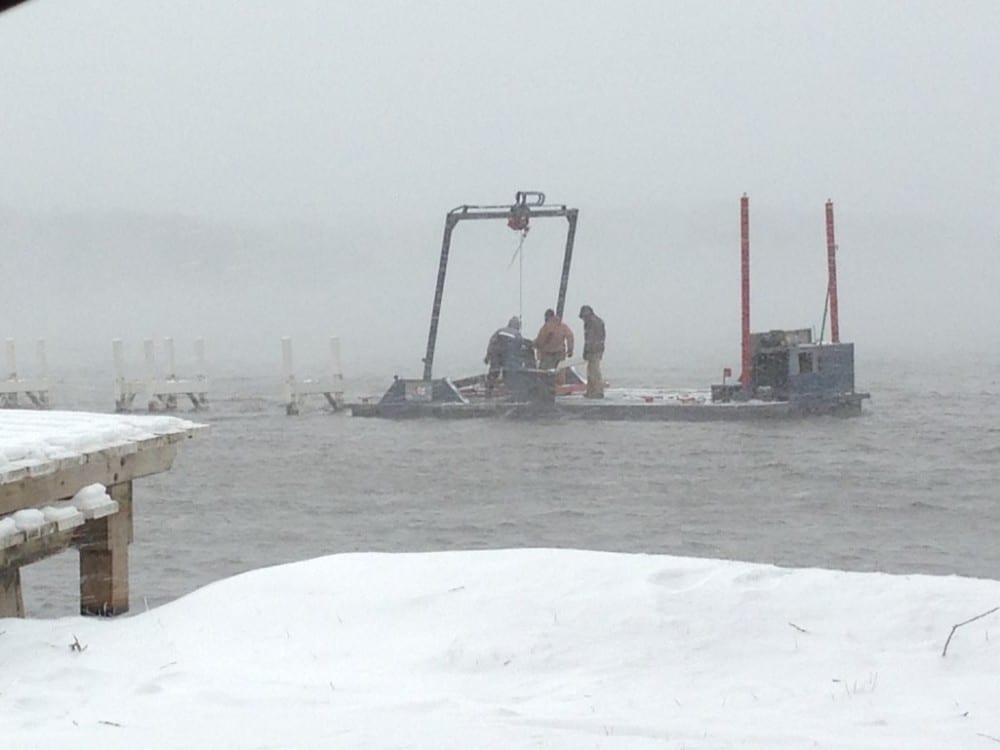I’ve driven to Marco Island at least twice. I don’t think I’ve driven there more than that, so it must be at least and at most, twice. The days were those days before kids, or before they were in school, back when my schedule had nothing to do with basketball practice and swim meets, back when there was little that I absolutely had to do. Back then, my wife and I would leave for Florida just after Thanksgiving, and we’d stay there for three weeks. What a luxurious thing that was, and what a strange thing it was. There we were, young and lacking money, and we drove to Florida like some septuagenarians to spend some of the winter. The market afforded that opportunity then, because it used to be painfully quiet in the days that fell between Thanksgiving and New Years. The market wasn’t active, at least not for me, and so I’d spend some time hurling fresh caught mullet into the surf, and at least once I caught a giant Snook that my wife caught only glimpses of on video. She didn’t know how to zoom out.
But that was then and this is now, and our market doesn’t sleep. It doesn’t make allowances for three week winter vacations, nor does it particularly care if you’re not paying attention because you’re busy shopping and baking. The market churns, and it churns in July as it does on the last day of November, as it will on the 20th of December. Now, it does slow on Christmas Day, and on New Years Day, because only the very difficult or the exceedingly lonely would wish to talk real estate on those days. But the rest of this next month, the market will be moving. Last weekend, after the rain of Thanksgiving, there were showings on Friday and on Saturday and on Sunday. There was activity in a market that the casual observer would assume is on hold. I’ve always said that the best time to secure value at Lake Geneva is late November through mid December. That’s still true, but that’s direction for the buyers out there. I generally ignore the sellers, except for today.
It’s a terrific time of year to be a buyer, but it’s not such a fun season to be a seller. Sellers know it’s not fun to be available during the season when every active buyer wants a deal, which is why they’ve taken their properties off market en masse long before the last day of November. This has been the conventional wisdom for quite some time, but it’s the wrong way to handle the winter. If it were still 1998, I’d have time to go to law school to avoid selling real estate, but more importantly, we could take our properties off the market and sit around to pass some of the winter before re-listing the homes. This isn’t 1998, sadly. It’s very late 2015 and the market doesn’t stop, which means inventory shouldn’t be pulled. If you’re a seller and you’ve been floundering on the open market all year, there’s no particular reason to let your home sit out the next 8 weeks.
There are exceptions to this new rule. If, for instance, your home has been for sale for all of 2015 and it’s grossly and disgustingly overpriced, then pull it. But only pull it if you’re intent on letting the property rest before bringing it back to market in the spring (Late January) at a much reduced list price. If the goal is to let a property rest, then reposition it in the market for the new selling season, the most important part of that playbook is the repositioning. A property cannot be repositioned to appeal to a new group of buyers if the property is the same old crappy house at the same elevated asking price. If you’ve been for sale all year and everyone loves your house but hates your kitchen counter tops, then pull the property, install some new counter tops, and re-list in spring, no price adjustment needed. However, if your house is listed at $2.5MM and everyone knows it’s worth $1.8MM, then pull it from the market, let it rest, and bring it back at $1.99MM in late January. These are two scenarios where it makes sense to pull and then re-list, but for everyone else? Leave the property on the market.
Last Friday, I had two showings at a condo on the lake that hadn’t been shown since the first weekend in November. If that condo hadn’t been on the market and had, instead, been pulled as is the old-timey conventional wisdom, it would have never had two different buyers take a look at it. It would have been sitting with its head in the sand, hoping no one paid it any mind until it came back to market, triumphantly (boringly) in late January. Sellers, heed this advice. Leave your properties alone. There’s very little more appealing than walking a lake property in the still of winter, just after a fresh snow, and if your property isn’t on the open market, it’ll just be you walking the property, and you’re not a buyer.

